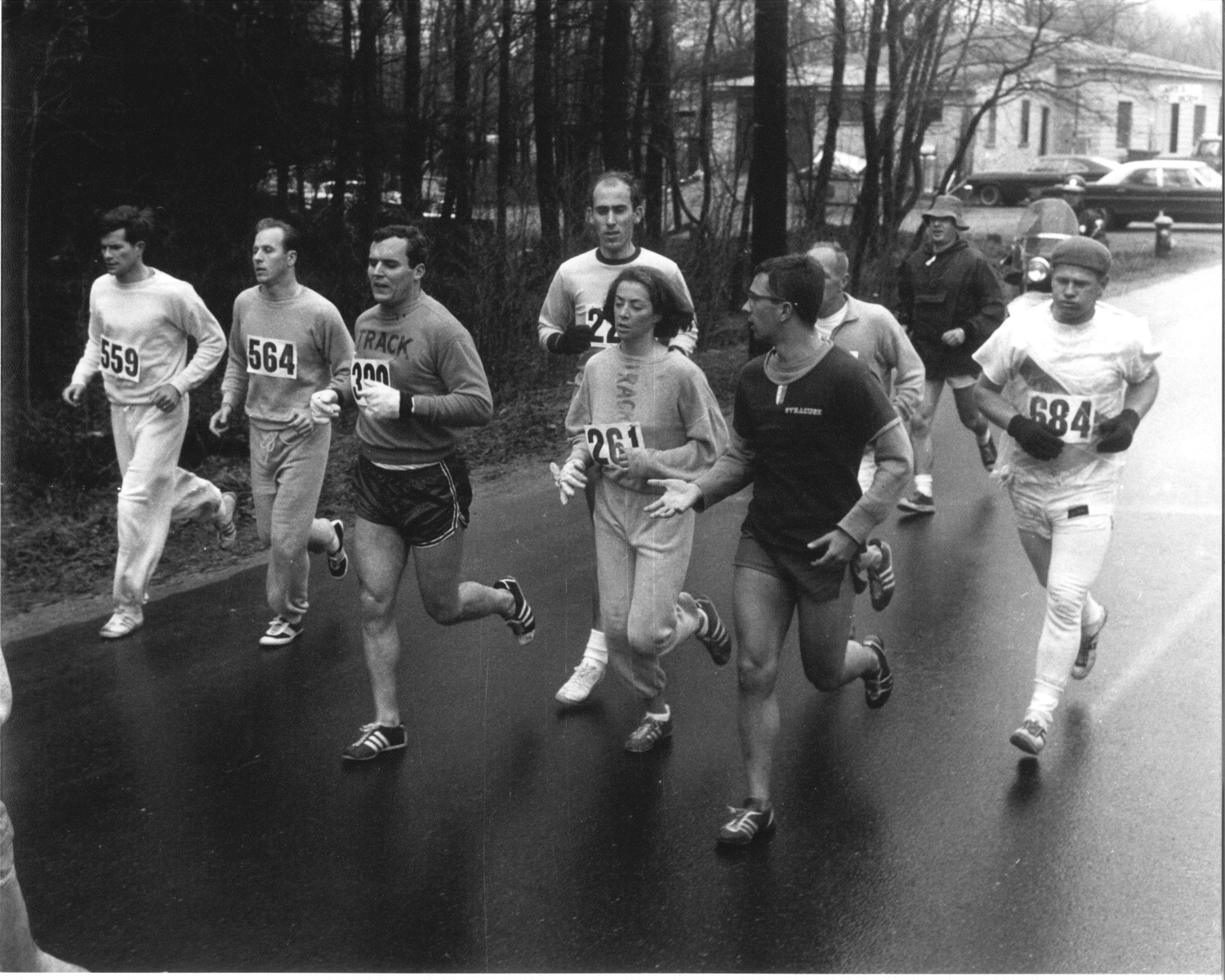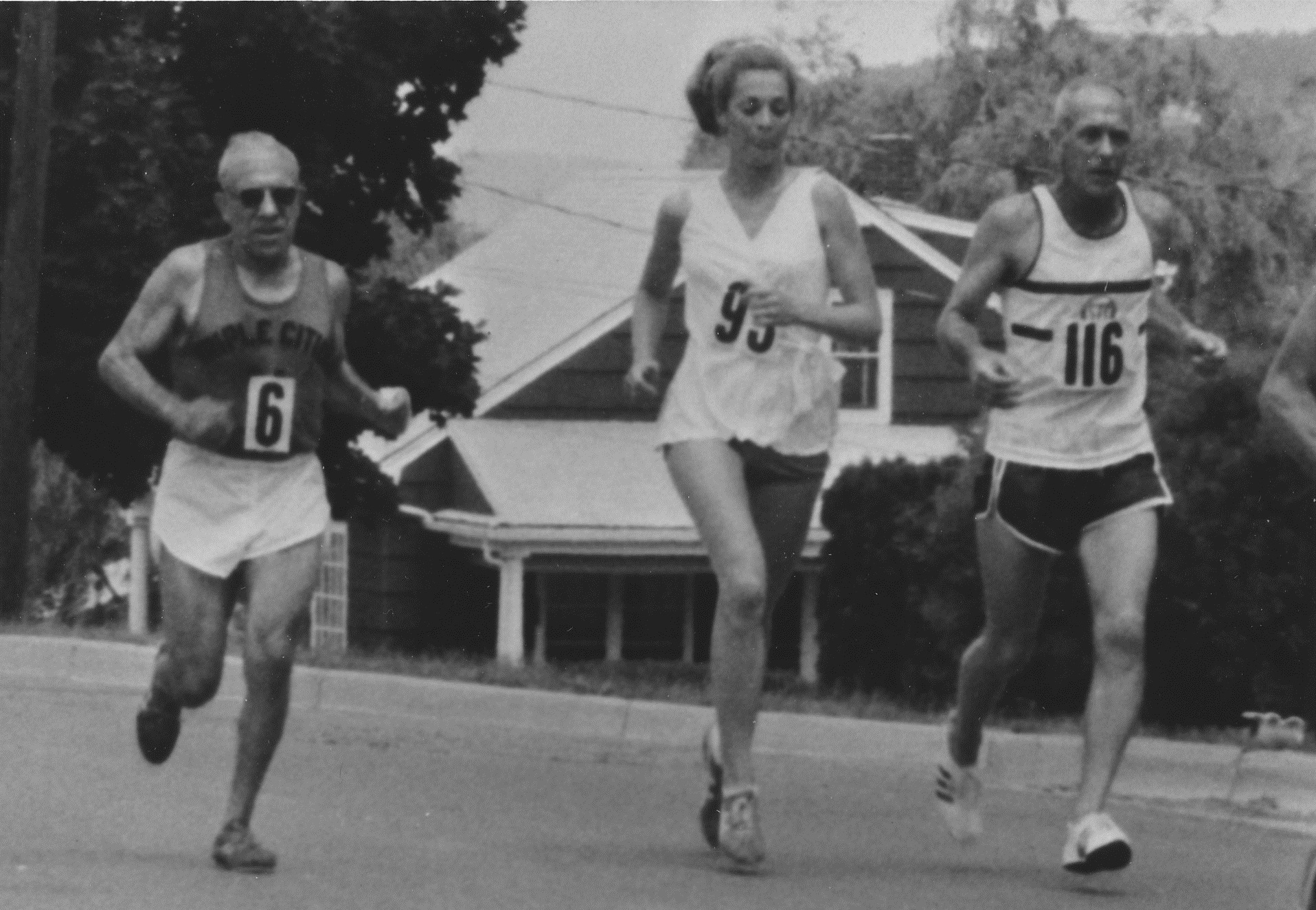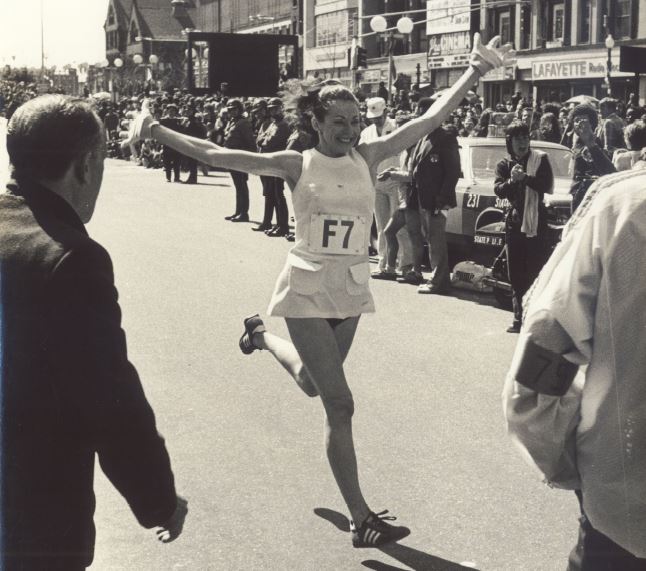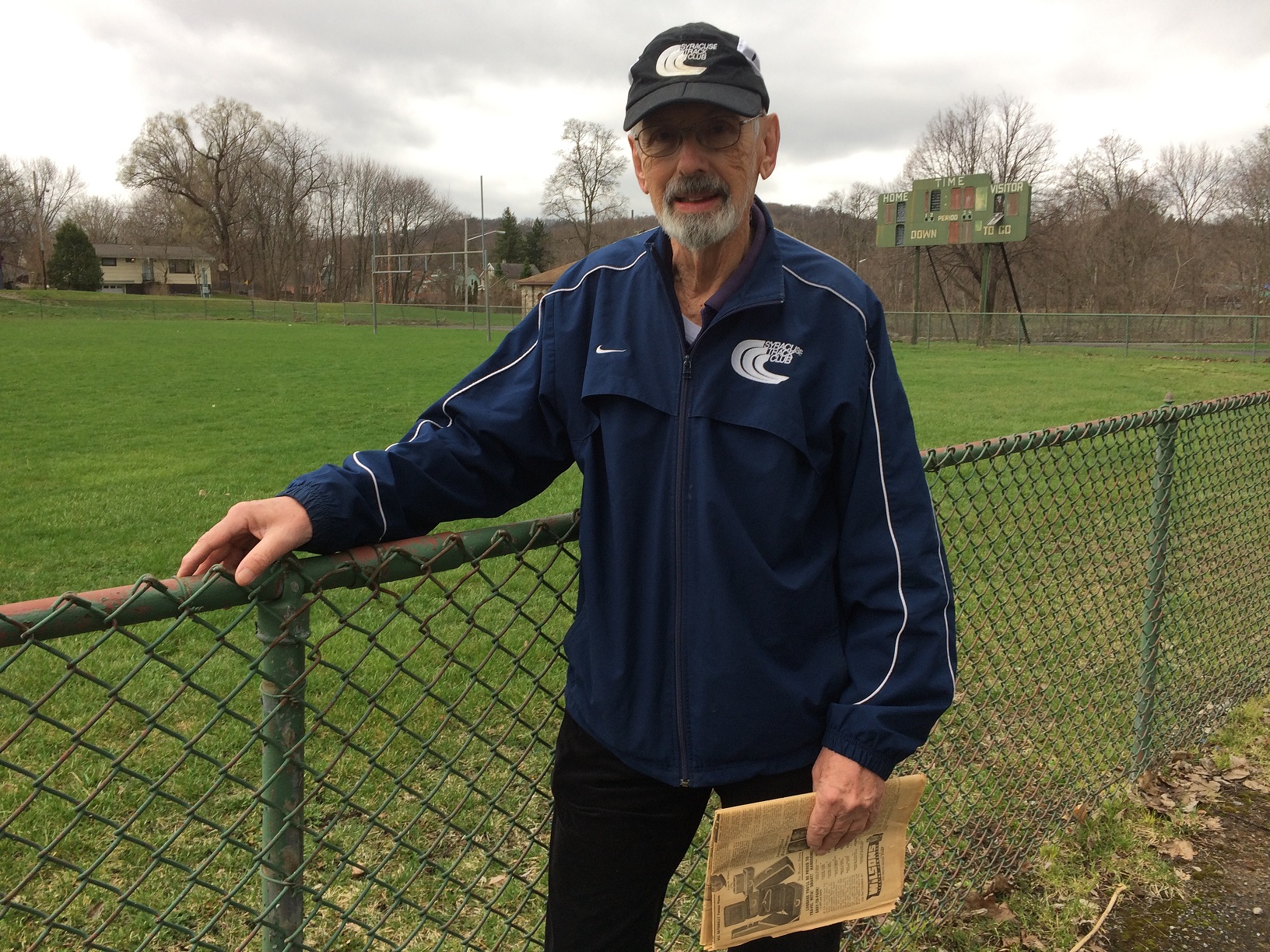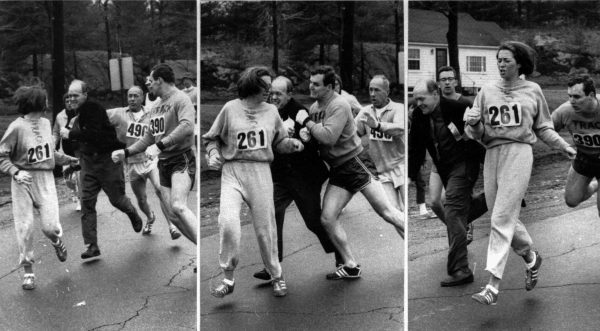Applications Open for 2025 ’Cuse Tank Competition
Applications are open until Monday, Sept. 22, for the Blackstone LaunchPad’s ’Cuse Tank competition. This year’s annual ’Cuse Tank, a featured event kicking off Family Weekend, will take place Friday, Sept. 26 at 2 p.m. in Bird Library’s Peter Graham…


